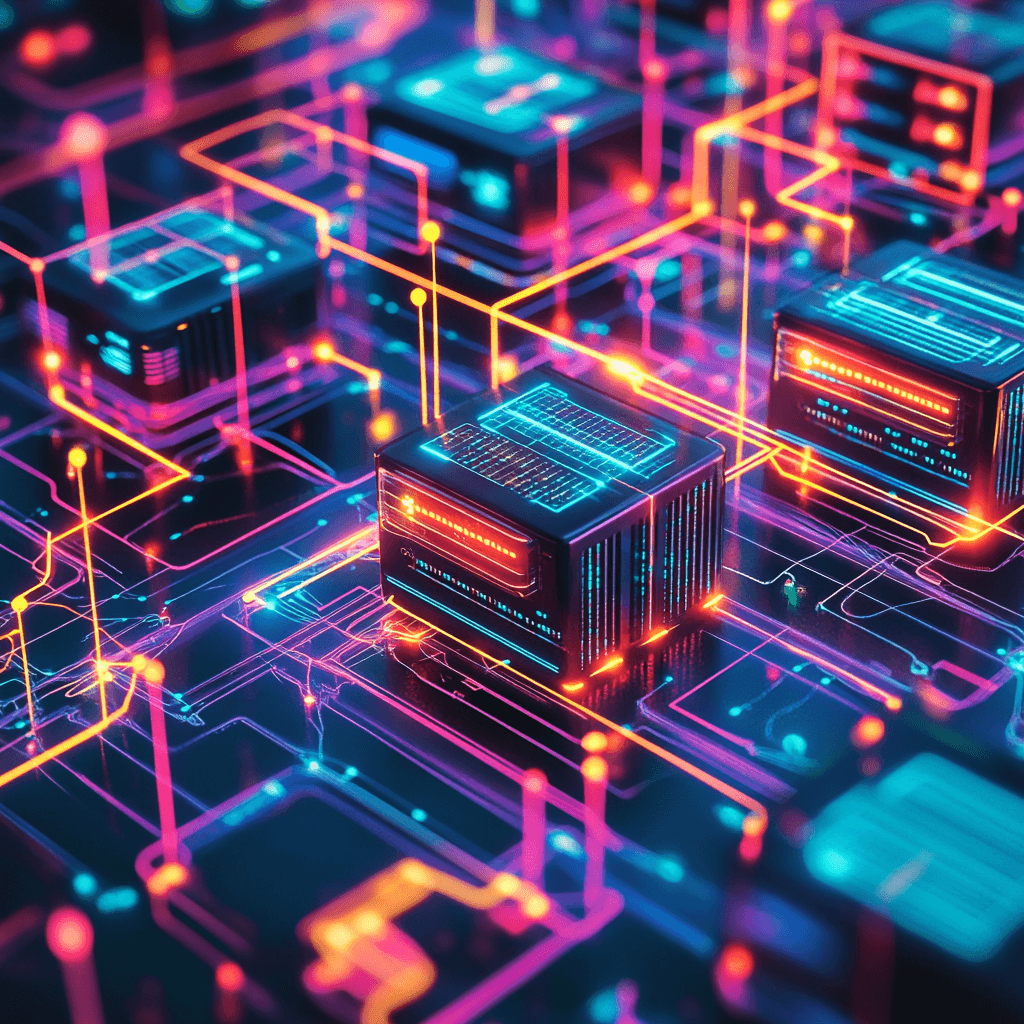VPNs for beginners: the pros and cons listed
In the Cracked by Jordens series, we look at cyber security for consumers and businesses in the Netherlands. Today we cover VPNs.
Published on November 21, 2024

Our DATA+ expert and Editor-in-Chief, Elcke Vels, explores AI, cyber security, and Dutch innovation. Her "What if..." column imagines bold scenarios beyond the norm.
You might have noticed it. You surf to a website to check airline tickets and see a great offer come along: a return ticket to London for only €300. A day later you want to book, but suddenly the ticket is more expensive. In other words: travel and airline ticket websites adjust prices based on your previous search behavior. A growing number of Dutch people are therefore using Virtual Private Networks (VPNs) to safeguard their privacy and data. What exactly is a VPN, and what are the pros and cons of using one? I put these questions to expert Patrick Jordens. He is director of Trusted Third Party (TT3P): a Dutch company specializing in cybersecurity.
Patrick Jordens
Patrick Jordens (b. 1969) is an entrepreneur with a heart for digital security. He is the director of Trusted Third Party and founder of DMCC Group, which helps organizations comply with all external laws regulations, and internal policies in the field of privacy and consumer law. He is also a guest lecturer in marketing, data privacy, and ethics at the Hogeschool van Rotterdam.
What exactly are VPNs?
“A VPN is a tool that helps protect your online privacy. Well-known VPN services include NordVPN, ExpressVPN and Surfshark VPN. You often see them come by in advertising. These tools work by encrypting your Internet connection and hiding your IP address. When you connect to a VPN server, it appears as if you are surfing from a different location, such as Bangladesh instead of the Netherlands. This makes your Internet activity harder to track by service providers, advertisers, governments or malicious parties.”
What are the benefits of using a VPN?
“A VPN offers several benefits, the most important of which is protecting personal information. This is especially valuable for keeping out hackers when you are using an insecure Wi-Fi connection, or if you are working from home. At home, you are often less protected than in the office. In addition, a VPN protects you from marketing purposes, such as data collection by advertisers.
Another big advantage is access to blocked content. For example, in countries where streaming services such as Netflix are restricted, you can gain access by connecting through a VPN server. As an example, during my visit to China in 2019, WhatsApp and Facebook were blocked. You pretty much rely on Chinese services like WeChat in that country. But through a VPN, I connected to a server in Japan. The VPN not only protected my privacy, but is also a powerful tool for maintaining digital freedom in countries with strict Internet restrictions.”
Are there any drawbacks?
“A VPN is not always the perfect solution. For example, it can slow down your Internet speed because your connection is rerouted through a remote server. In addition, you are giving your trust to the VPN provider, and it is crucial to know who that is. Not all VPN services are trustworthy; some companies still collect data from users and sell it on to third parties. In addition, the more reliable and high-quality VPN services are often not free. Free VPNs may seem attractive, but often come with additional risks, such as less security or hidden costs in the form of data sales. So delve carefully into what policies they have in place.”
